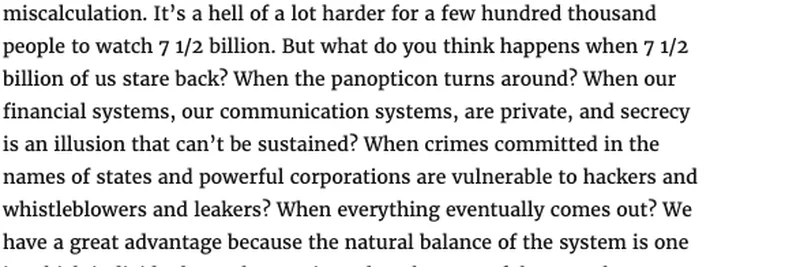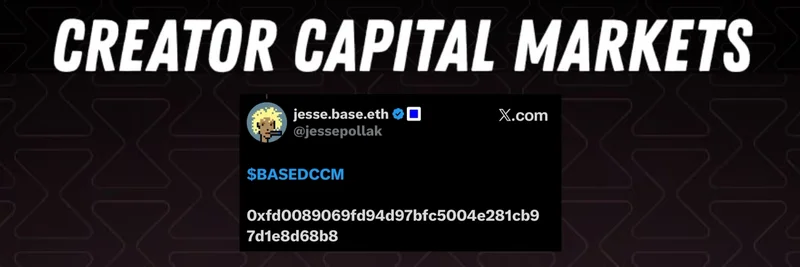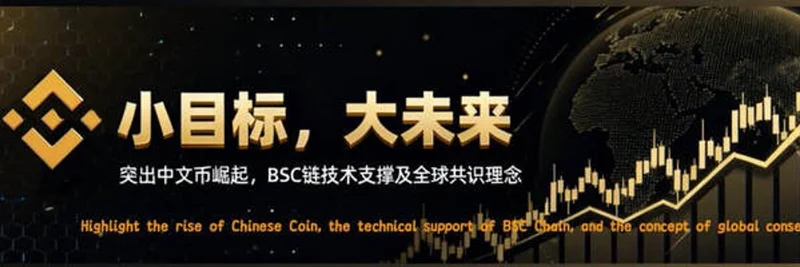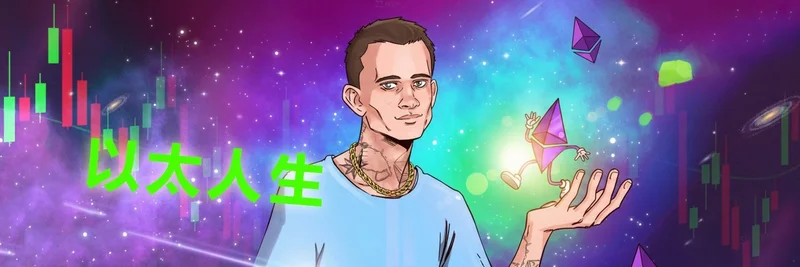Recently, Juan from the Nillion ecosystem (@juanaxyz00) dropped a gem on X, calling Andreas Antonopoulos "one of the greatest to ever do it" while sharing a quote from his book The Internet of Money. The quote dives into "sousveillance," a French term that's the opposite of surveillance. If surveillance is watching from above—like governments or corporations keeping tabs on us—sousveillance is looking up from below, where the masses turn the gaze back on the powerful.
What Is Sousveillance and Why Does It Matter in Crypto?
At its core, sousveillance flips the power dynamic. Antonopoulos points out that it's way harder for a small group to monitor billions of people than for those billions to watch back. In the context of finance and communication, this means building systems where privacy is the default for everyday folks, but secrecy becomes impossible for the elite.
Think about it: in traditional finance, banks and regulators have all the oversight, tracking every transaction. But blockchain tech, especially in crypto, changes that. Decentralized networks like Bitcoin let individuals transact privately, while everything is recorded on a public ledger that's open for anyone to scrutinize. This "panopticon turning around" that Antonopoulos describes is exactly what happens when hackers, whistleblowers, and leakers expose corporate or state wrongdoing. Remember the Panama Papers or recent crypto hacks that revealed exchange vulnerabilities? That's sousveillance in action.
Tying It to Meme Tokens and Blockchain Communities
In the wild world of meme tokens, this concept hits even harder. Meme coins thrive on community-driven transparency—think how quickly scams get called out on platforms like X or Discord. A shady project launch? The crowd descends, digging into wallets, contracts, and team backgrounds. It's sousveillance turbocharged by decentralized tools.
Projects like Nillion, where Juan works, are pushing this further. Nillion focuses on secure computation without revealing data, enabling privacy-preserving tech that's perfect for sousveillance. Imagine meme token communities collaborating on audits or predictions markets without leaking personal info—empowering the little guy while keeping the big players accountable.
Antonopoulos' words remind us: "We have a great advantage because the natural balance of the system is one in which individuals can have privacy but the powerful cannot have secrecy anymore." In crypto, this isn't just theory; it's happening daily as devs build zero-knowledge proofs, encrypted messaging, and anonymous wallets.
The Future of Privacy in a Decentralized World
As blockchain evolves, sousveillance could redefine how we handle power imbalances. With meme tokens leading the charge in viral, grassroots finance, expect more tools that let users "stare back." Whether it's exposing pump-and-dump schemes or holding DAOs accountable, this shift puts control in the hands of the many.
If you're diving into meme tokens or blockchain privacy, quotes like this from Antonopoulos are gold. Check out The Internet of Money for more insights, and follow folks like Juan for real-time takes on how tech can be a force for good. What's your take—ready to flip the surveillance script?




